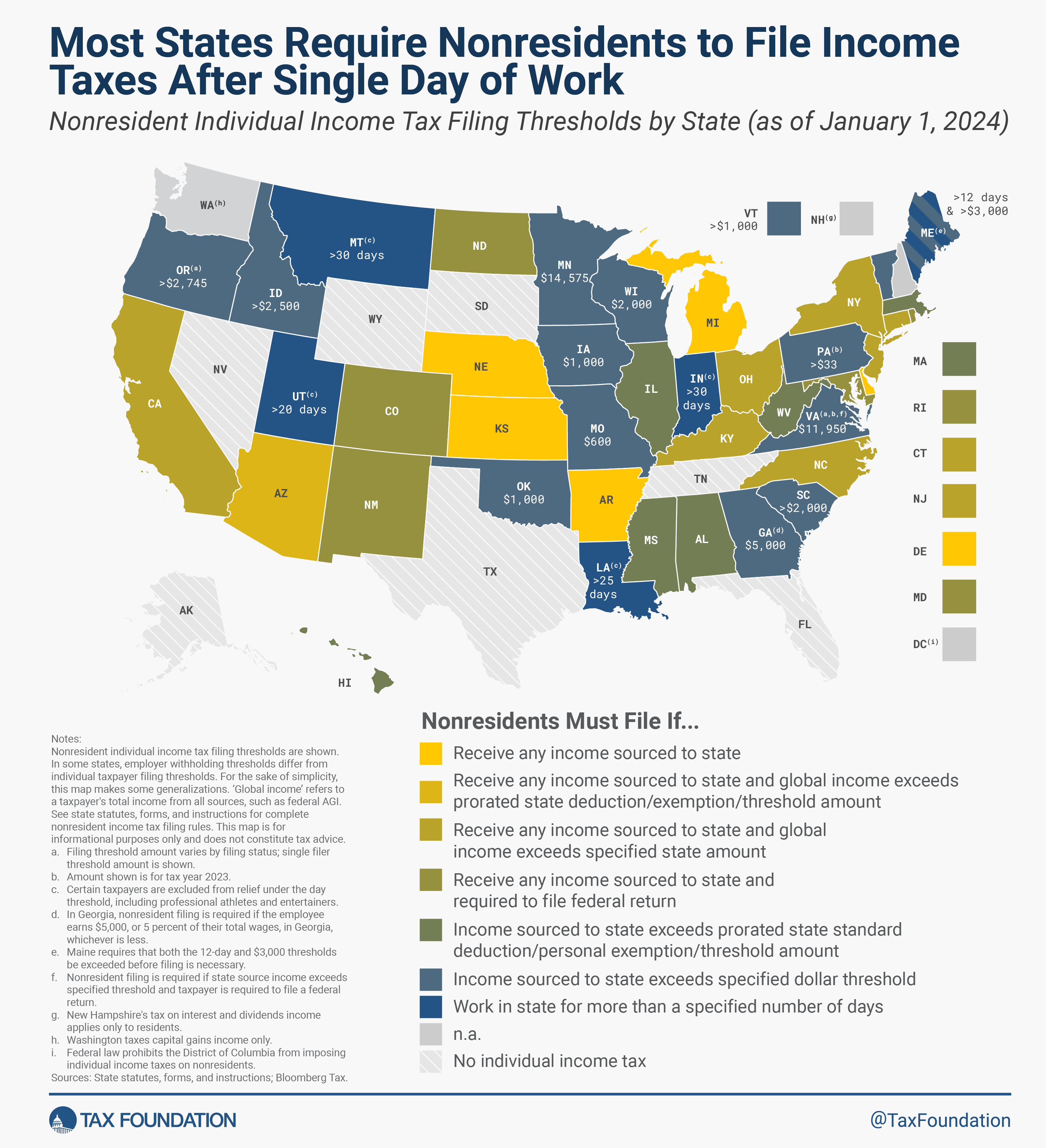L’Oreal Gets Trade Secrets Case Out of its Hair When Judge Chops Case for Litigation Misconduct | Irwin IP LLP
Metricolor LLC v. L’Oreal USA, Inc., 18-cv-00364 (C.D. Cal. March 29, 2024)
This week, the United States District Court for the Central District of California (the “Court”) granted L’Oreal’s motion for terminating sanctions. The litigation centers around L’Oreal’s alleged misappropriation of Metricolor’s trade secret, which is a first-generation system for storing, formulating, and dispensing hair coloring agents and additives. The system comprises of a “plastic bottle, a standard [] orifice reducer, and a syringe.” In 2014, Metricolor and its president, Sal D’Amico, discussed a few of its products with L’Oreal. The discussions centered around Metricolor’s second-generation product, but Metricolor alleged that, during its pitch, it related details of its first-generation system to L’Oreal. The discussions proved unfruitful, but in September of 2016, L’Oreal launched a product similar to Metricolor’s first-generation system. Metricolor brought suit in January of 2018.
In 2021, L’Oreal began to suspect that Metricolor had produced edited documents. For example, Metricolor appeared to fabricate an email exchange indicating that Metricolor sent L’Oreal samples of its first-generation system. However, the recipient of those emails did not recall ever seeing the email nor receiving any samples. Later, in October 2021, Metricolor’s own expert, Kevin Cohen, created a forensic image of Sal D’Amico’s computer (“Cohen Image”), unbeknownst to L’Oreal or the Court. L’Oreal, unaware of the Cohen Image, filed an ex parte application to suspend deadlines pending investigation of documents. The Court denied the application, but ordered L’Oreal to take a forensic image (“L’Oreal Image”) in December 2021, of the same computer previously imaged by Cohen. L’Oreal noted that several sample documents contained deletions and insertions when compared to what Metricolor had produced in the litigation. L’Oreal unsuccessfully sought terminating sanctions. However, in March 2023, Mr. Cohen disclosed creation of the Cohen Image, which the Court compelled Metricolor to produce. When comparing the Cohen and L’Oreal Images, more than fifty thousand files were missing from the L’Oreal Image. L’Oreal’s renewed motion to terminate the case was successful.
The Court found that Metricolor’s actions were “troubling” and “easily support a finding of willfulness, bad faith, and fault.” First, the Court stated that it is entirely unclear whether Metricolor ever disclosed the trade secret that was subject to the litigation, because the “limited evidence suggesting the existence and conveyance of a trade secret was largely fabricated.” Second, the Court stated that such an ambiguity would be prejudicial because L’Oreal was deprived of important evidence. Finally, the Court found that lesser sanctions would not be appropriate here because monetary or adverse inference sanctions would be insufficient to remedy the impact or deter future misconduct if the case was allowed to proceed.
This case serves as yet another warning to counsel representing zealous clients. Although the Court directed most of its ire toward “particularly Sal D’Amico[,]” who fabricated and destroyed evidence, counsel’s behavior was also problematic because they improperly withheld responsive discovery after the Cohen Image was discovered. Even if a client believes their efforts are justified to get the truth out, it is the duty of counsel to trust-but-verify and ensure that all conduct is unquestionably above board. Else, parties risk losing over six years of litigation efforts.






